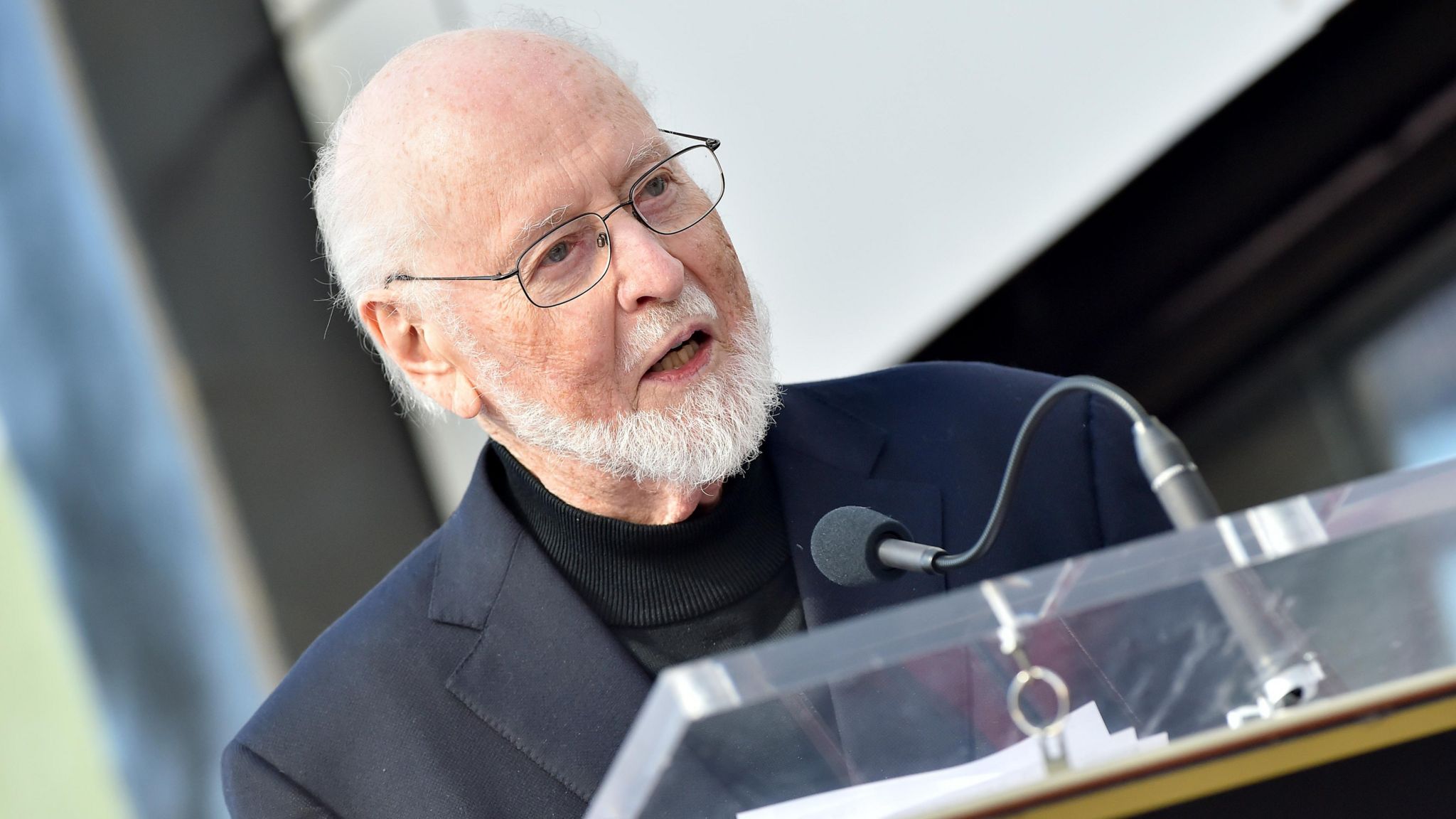From BBC World News
Edited by - Amal Udawatta.
Star Wars composer John Williams and former Disney CEO Bob Iger were the last honorary knights to be approved by the late Queen Elizabeth II.
Williams, 91, was cited for his services to film music, while Iger was recognised for his contribution to UK/US relations.
The honours list, published on Friday, also included chef and TV presenter Ken Hom, who was made an honorary CBE.
He is recognised for his charity work, culinary arts and education.
Williams is considered one of the world's greatest film composers, and has won numerous awards during his long career including five Oscars.
He is behind scores for blockbusters such as Jaws, ET, the Harry Potter films, Saving Private Ryan, Jurassic Park, Schindler's List and the Indiana Jones series.
More recently, he composed the music for another Steven Spielberg memoir movie The Fabelmans, a favourite in the coming awards season.
The Foreign Office has responsibility for the Diplomatic Service and Overseas List, which recognises service overseas, or service in the UK with a substantial international component. And honorary awards for foreign nationals are recommended by the foreign secretary.
The Queen - or now King Charles III - would then informally approve the list and letters are sent to each nominee. Once a nominee accepts the proposed honour, the list is formally approved.

Comments
Post a Comment